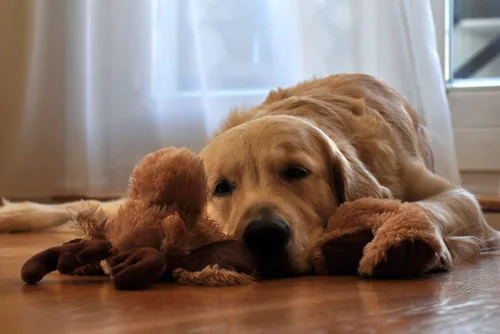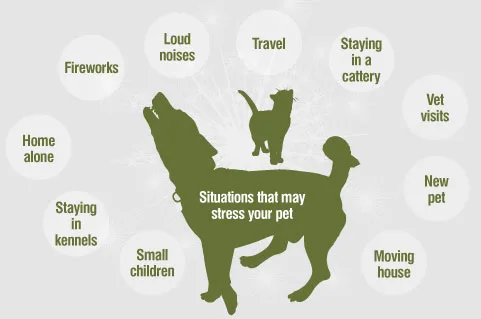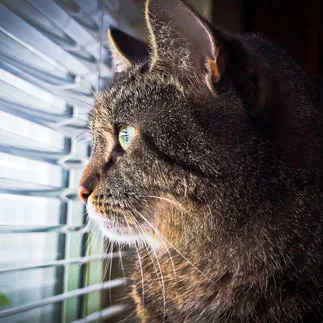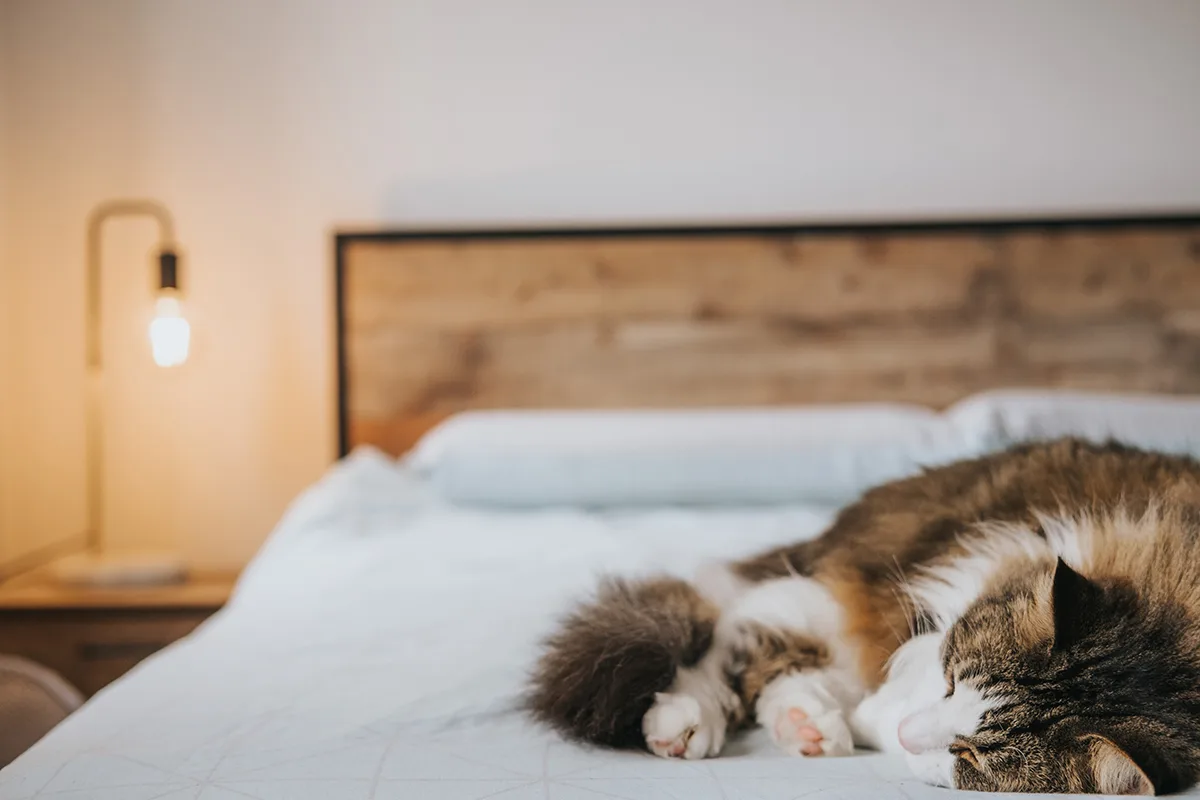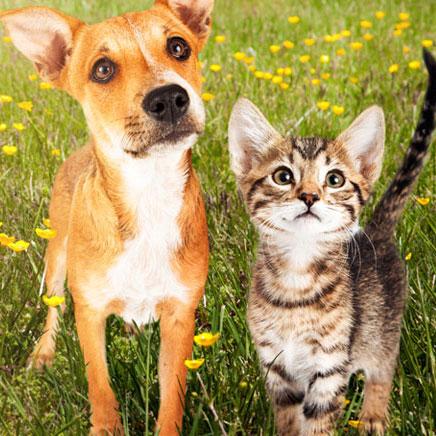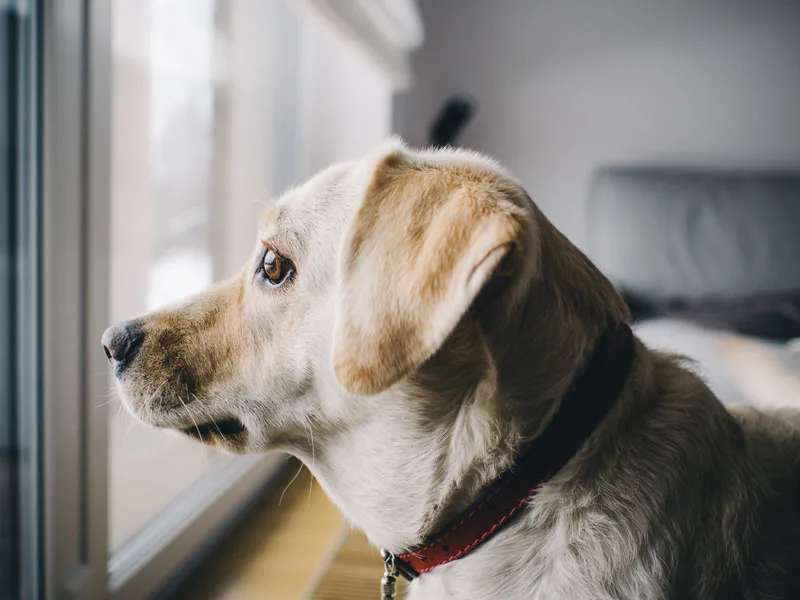
Separation anxiety in dogs is a common reason for pet owners to visit the vets, as dogs can become stressed when left alone.
We all love our dogs and enjoy nothing more than spending time with them. However, if left alone for only a few hours some dogs can become nervous or stressed. Separation anxiety in dogs can be shown in a variety of ways.
Common signs of separation anxiety in dogs include, trembling, whining, destruction of property and sometimes aggression. Dogs will also hide in an enclosed safe place, such as under a bed or in a den.
What causes anxiety in dogs?
Anxiety in dogs can be caused by a number of factors, such as loud noises, travel, being left home alone, vet visits, moving house and even the introduction of a new pet. Dogs can experience separation anxiety when their owners go out to work, or simply leaving them home alone for a few hours.
Separation anxiety in dogs can occur if your dog is not used to being left on their own, or if they are scared of something in particular in the home. It is common for younger dogs to develop puppy separation anxiety when getting used to their new home. Although dogs should not be left for too long throughout the day, we can’t always be with them 24 hours a day.
Tips to help manage separation anxiety in dogs
If you have a nervous dog and have to leave them alone whilst at work or for a few hours, here are a few top tips to help reduce any stress for them:
Distractions
Make sure that your dog has enough toys to play with, which would be a great distraction whilst you are out. Stuffed toys with treats are a good way to keep them busy and happy during the time you are away. You could also leave the TV or radio on for background noise.
Exercise
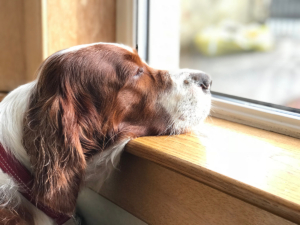
Make sure your dog has had enough exercise before you leave the house. If you are going to be leaving them for a number of hours, take them for a long walk before doing so. This will help to get rid of excess energy and they may sleep whilst you’re out.
Safe zone
Create a safe zone or den for your dog to retreat to if they are feeling extra anxious. You could leave a jumper or t-shirt with your smell on for your dog, which is familiar to them. This will help to comfort them while you are gone.
Prevent accidents
Make sure they have had the opportunity to go outside and go to the toilet prior to you leaving the house.
Close curtains
If your dog can get distracted by outside noise or you live on a busy road, close the curtains to reduce any distractions which might make them anxious and bark for prolonged periods.
Ask someone to check on them
If possible, ask a friend or family member to stop by and check on your dog, even if it’s for 10 minutes to allow them to go to the toilet outside.
Training to reduce separation anxiety in dogs
If you know you have to leave your dog alone, try to train them from a young age to get them used to being separated from you during the day. You could start by leaving them for a short period and increase the time you are away. Make sure that you give your dog plenty of attention when you return as a reward.
Pet proof your home
If you don’t want your dog to have the run of the house whilst you are out, be sure to close doors and block off areas you don’t want them to go. Be sure to check the area/room they will be in for any hazards to be sure they are safe whilst on their own.
Don’t discipline bad behaviour
If your pet has misbehaved whilst you are out and caused damage or toilet in the house, don’t discipline them on your return as this could cause further anxiety. It could also lead to your dog worrying about your return home.
If you are worried about separation anxiety in dogs, ask your vet for more information on additional ways to help your dog and how Nutracalm can help to naturally reduce stress in your dog. Nutracalm has been specially formulated by vets to naturally calm anxious pets and reduce unwanted or unruly behaviour.

